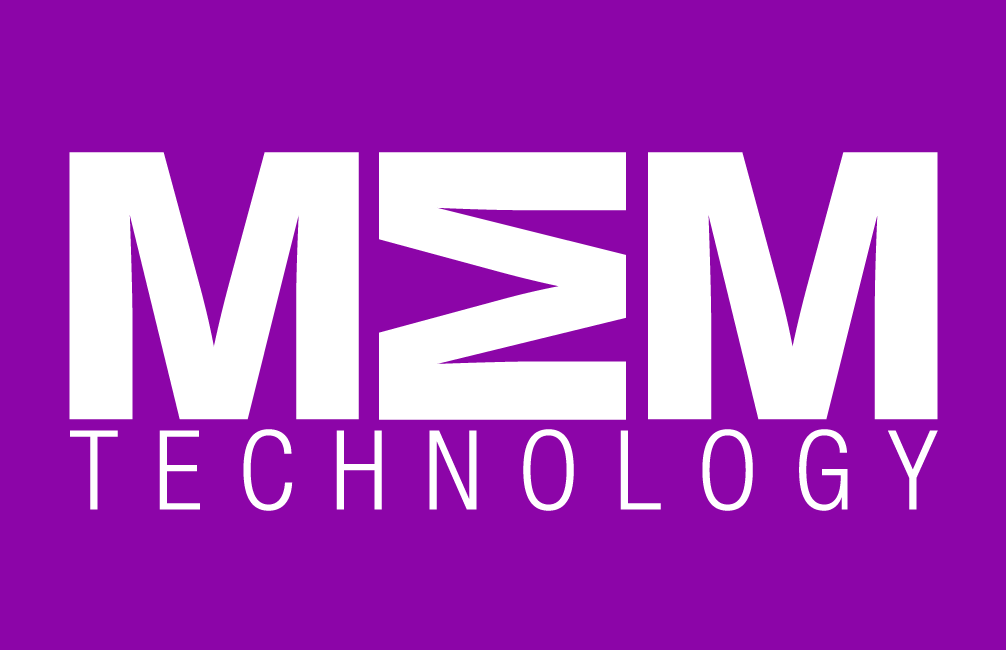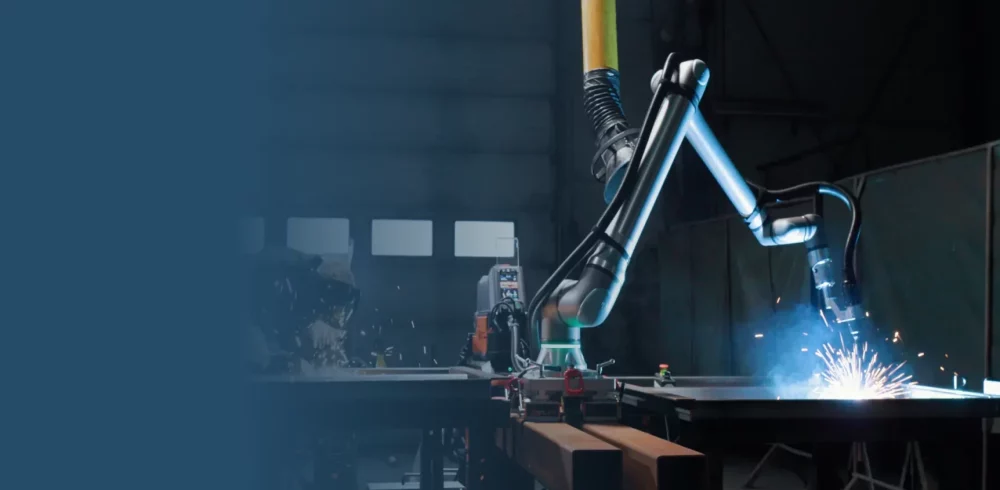Automation is fast becoming a growth engine for businesses across Europe, with new research from Universal Robots revealing strong optimism about its impact on jobs, productivity, and workforce transformation.
The study, based on responses from over 2,000 professionals across eight European countries, working in companies at varying stages of automation adoption, shows that 84% report positive employee sentiment toward robot implementation, with resistance cited by only 3%. This marks a turning point in how automation is perceived — welcomed rather than feared.
Cobots to become common place
Among industrial leaders already on their automation journey, 93% expect at least 10% of their workforce to be working alongside cobots within the next decade — and nearly half (47%) anticipate that more than a quarter of their employees will do so. Cobots have already become core to many businesses’ daily operations — and their role is set to deepen further, with adoption expected to accelerate and cement their place in the workforce over the next decade.
Jobs outlook: net positive beats the old narrative
More than half of respondents (51%) believe robots will create more jobs than they displace by 2030. Only 22% disagree, while nearly four in five (78%) are either optimistic or neutral. This marks a sharp departure from earlier fears of automation replacing workers, a shift underscored by the growing adoption of collaborative robots across industries.
A practical lever on labour shortages
91% of respondents believe cobots can reduce labour shortages by at least 10%, with 44% expecting a reduction of 25% or more. That confidence reflects automation’s role in stabilizing operations, enabling growth, and addressing demographic pressures —particularly ageing workforces and shrinking labour pools across Europe.
Productivity is driving automation investment
The top reason businesses are investing in automation is clear: productivity. In fact, 68% of respondents ranked productivity gains among their top three drivers, making it the leading motivator for adoption.
And those gains are being realized. A striking 89% of companies reported measurable productivity improvements after deploying collaborative robots (cobots). Over half (52%) saw increases of 10–25%, nearly a third (30%) achieved a 26–50% boost, and 6% reported gains of more than 50%.
Automation is set to define Europe’s industrial trajectory
“Europe’s industrial sector is undergoing a major transition as businesses confront geopolitical instability, inflation, aging workforces, and supply chain challenges,” said Mark Gray, UK & Ireland Country Manager.
“In response, automation has shifted from long-term goal to immediate priority, with companies investing in robotics, AI, and advanced analytics to boost productivity, quality, and resilience. Our study confirms this shift, showing that cobots are not just enhancing efficiency – they’re driving transformative change across operations.”
“Once confined to large-scale manufacturing, automation is spreading across industries and companies of all sizes, supported by a workforce increasingly prepared to adapt, as our study clearly demonstrates. Automation in its many forms is becoming a cornerstone of Europe’s industrial future and will be essential for sustaining global competitiveness through intelligence, flexibility, and human-centric design.”
Read the findings in full, on the State of Automation 2025 report hub.
Manufacturing & Engineering Magazine | The Home of Manufacturing Industry News















